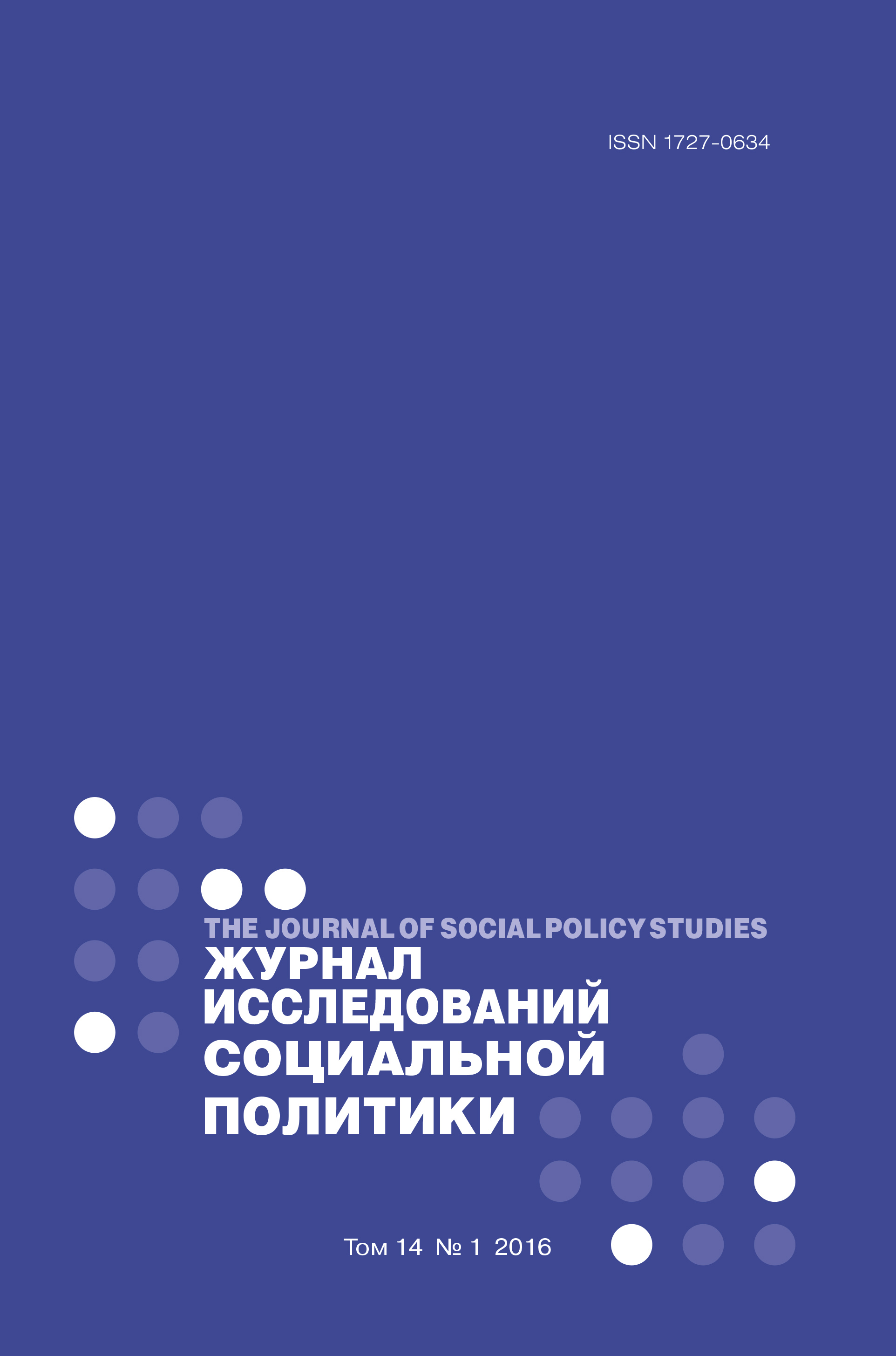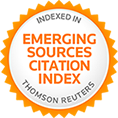Репрезентации рабочих в российской печатной прессе
Ключевые слова:
Россия, репрезентации рабочих, печатная пресса, критический анализ дискурса
Аннотация
В статье рассматриваются способы репрезентации промышленных рабочих в тиражной российской печатной прессе. В ходе исследования авторы применяют подход критического дискурс-анализа Норманна Фэркло, согласно которому дискурс следует рассматривать на трех уровнях: с точки зрения текста, дискурсивной практики и социального контекста. Опираясь на материалы публикаций в масс-медиа и интервью с сотрудниками печатных изданий, выделяют консервативный и либеральный дискурсы, представляющие промышленных рабочих как социальную группу. Консервативный тип пересекается с гегемонным дискурсом центральных телеканалов. Он утверждает корпоративные ценности, создает нормативный образ рабочих, согласно которому они выступают частью большого «организма» – предприятия, корпорации, цивилизации. Протесты рабочих представлены в нем как результат влияния внешних сил, а сами они помещаются в один ряд с социально-профессиональными группами, занимающими более высокое социальное положение, например, с руководителями предприятий и бизнесменами.Антагонистических противоречий между рабочими и владельцами предприятий в этом дискурсивном типе нет. Либеральный дискурс транслирует идеи свободы и экономических ценностей и подразделяется на два подтипа. Один – неолиберальный дискурс работает на усиление социального неравенства и описывает рабочих через количественные показатели и категории «глобальной экономики», «эффективности» и «производительности труда». Он представляет их пассивным элементом общества, который должен приносить прибыль. Другой – либерально-социальный дискурс напротив уделяет внимание вопросам справедливости и трудовых конфликтов. Он репрезентирует рабочих как энергичных и решительных людей, способных на самостоятельные коллективные действия.Образы рабочих в этом дискурсе более разнообразны и показаны детально в конкретных ситуациях. Однако эпизодическое обращение изданий социально-либеральной направленности к данной проблематике объясняется, скорее, личными интересами или политическими убеждениями журналистов, нежели осмысленной издательской политикой. Авторы статьи приходят к выводу о том, что в консервативном дискурсе рабочие используются для легитимации существующего порядка. В неолиберальном – они рассматриваются как экономический ресурс, в то время как в либерально-социальном дискурсивном типе рабочие предстают борцами за свои трудовые права, но делается это для того, чтобы извлечь максимальную прибыль через привлечение и расширение читательской аудитории. Вместе с тем на данный момент в российском медийном пространстве целостный образ рабочего отсутствует.Скачивания
Данные скачивания пока не доступны.
Опубликован
2016-03-15
Как цитировать
ВанькеА. В., & КулаевМ. А. (2016). Репрезентации рабочих в российской печатной прессе. The Journal of Social Policy Studies, 14(1), 23-38. извлечено от https://jsps.hse.ru/article/view/3285
Раздел
СТАТЬИ НА РУССКОМ ЯЗЫКЕ















